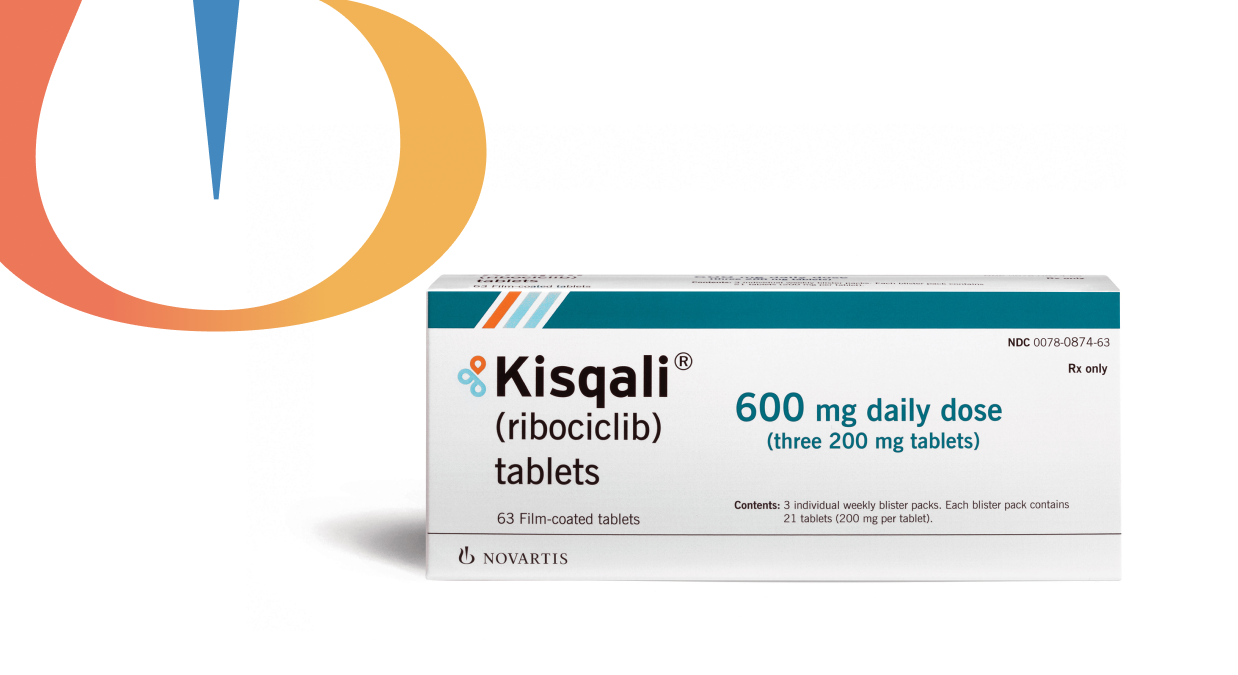Novartis Subgroup Data Of NATALEE Shows Kisqali’s Benefit In Younger, High-Risk Early Breast Cancer Patients
Novartis reports Kisqali reduces recurrence risk in early breast cancer, especially in younger and pre-menopausal patients.
Breaking News
Jun 02, 2025
Vaibhavi M.

Novartis has presented new subgroup data from the Phase III NATALEE trial, evaluating Kisqali® (ribociclib) plus endocrine therapy (ET) in patients with stage II and III HR+/HER2- early breast cancer (EBC). At a median follow-up of 44.2 months, results showed sustained reduction in recurrence risk across all efficacy endpoints, regardless of age or menopausal status.
“As the incidence of early-onset breast cancer increases, it is encouraging to see that ribociclib continues to deliver durable risk reduction for a broad population of patients with EBC, including younger patients. Coupled with the lower rates of discontinuation due to AEs seen in this subgroup, these data reinforce the benefit of three-year adjuvant treatment with ribociclib as a well-tolerated intervention for patients seeking to reduce the likelihood of their cancer coming back,” said Dr. Kevin Kalinsky, Division Director of Medical Oncology and Director of the Glenn Family Breast Center at Winship Cancer Institute of Emory University.
Importantly, pre-menopausal and younger patients, who typically face more aggressive disease, benefited the most, with greater recurrence risk reductions and fewer treatment-related discontinuations compared to post-menopausal women. This finding highlights Kisqali’s potential value in this high-risk subgroup.
“There is an undeniable and urgent need to improve outcomes for vulnerable patient populations, including younger and Black patients, who often face more aggressive forms of breast cancer and remain at high risk of recurrence. With Kisqali, we have the opportunity to reduce the risk of recurrence for these patients with early breast cancer, while we continue to offer significant survival benefit to patients living with metastatic disease," said Reshema Kemps-Polanco, Executive Vice President and Chief Commercial Officer, Novartis US.
In a separate real-world study, Black patients who met NATALEE eligibility criteria and were treated with ET alone had worse outcomes than white patients, even after adjusting for clinical factors. These findings underscore the urgent need for more inclusive treatment approaches, including the potential benefit of adding a CDK4/6 inhibitor like Kisqali. Novartis also shared details of its Adjuvant WIDER study, which aims to better reflect real-world patient diversity.
